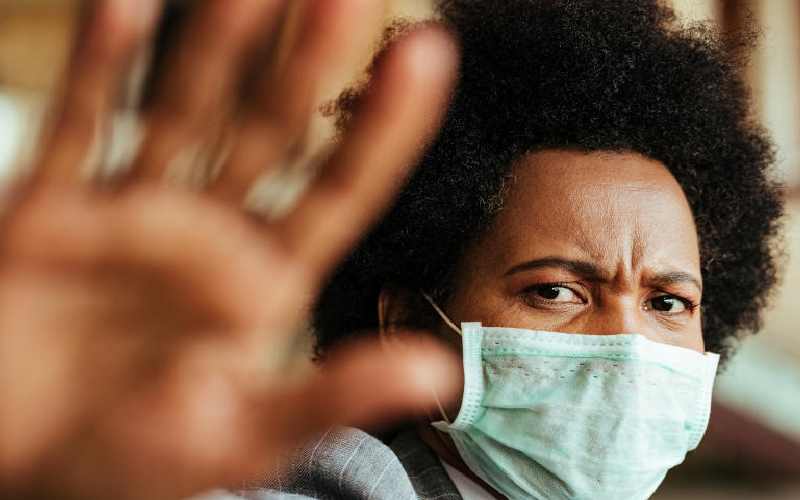×
The Standard e-Paper
Fearless, Trusted News

Since the first case of the new coronavirus (SARS-CoV-2) was detected in Kenya, the government has unveiled various measures aimed at curbing the spread of the deadly virus.